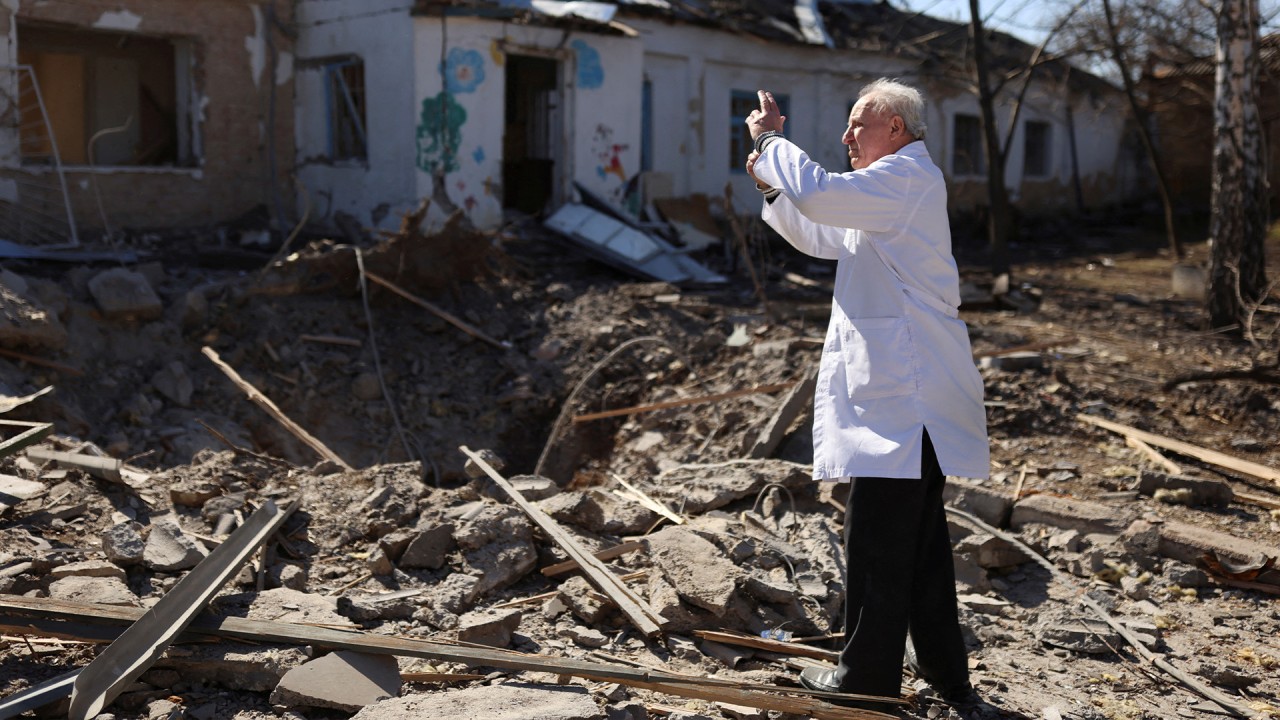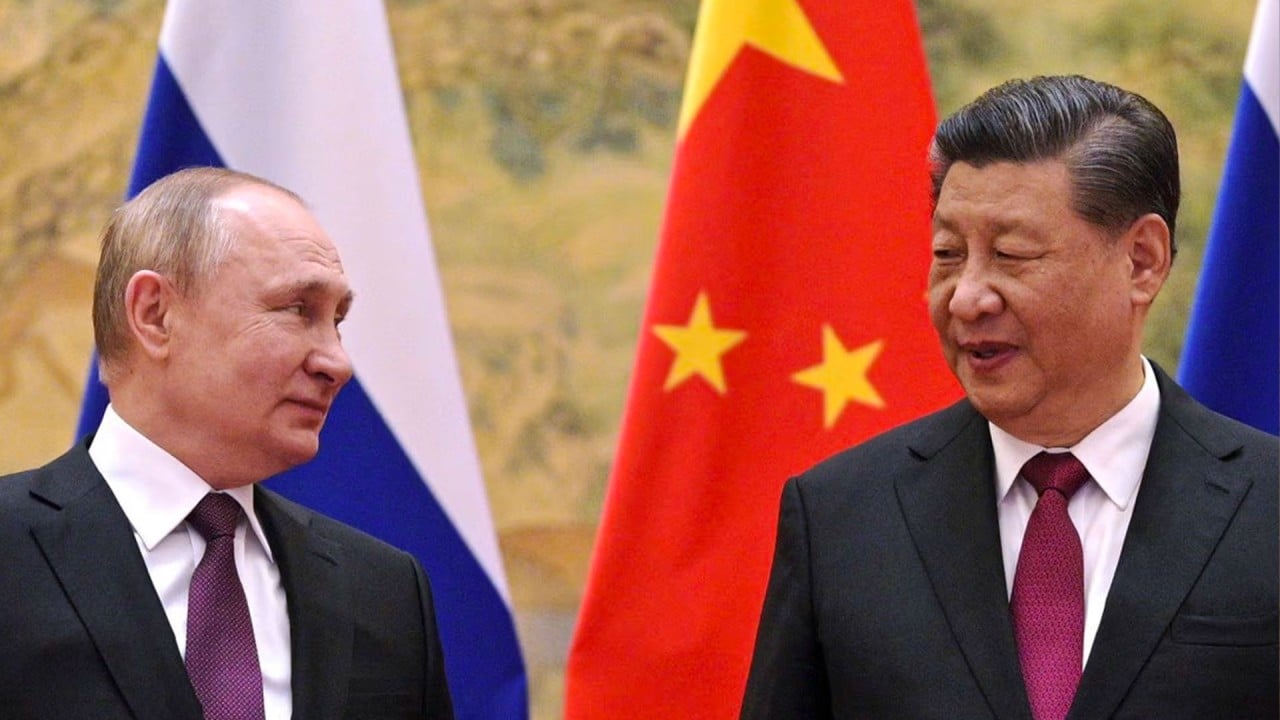
No legal basis for US to impose its hegemony on China over Ukraine
- Beijing is too strong to be bullied into siding with the US against Russia and will trade with whoever it wishes to, in accordance with international law
- Just as the US and Nato can decide to provide military assistance to Ukraine, so any other sovereign state can do the same for Russia if it chooses to
After outlining the stance of the United States and its allies against Russia’s invasion of Ukraine, the readout from Washington does not hide the US desire for China to take a side.
Biden is not the first US official to make such a suggestion. Notably, American attempts at intimidation do not target China alone as it applies to all countries outside Nato that have not sided with the US.
However, this kind of policy is no longer as effective against China as in the semicolonial period during the Qing dynasty, not simply because China now has the strength to be equal to the United States but because the US demands are unreasonable and unfounded. The US is not the UN Security Council, which has the exclusive power to pass resolutions binding on all states, even those that are not members of the United Nations.
Security threats, to a large extent, are a matter of perception. Given that Nato has regularly asserted its right to expand the transatlantic alliance, the “unprovoked” line may not be compelling for everyone.
Second, with regard to the classification of the Russian military operation as an invasion, the US claim is unilateral and has no binding force on any other states. The US cannot surpass international law to adjudicate on the legal nature of the conflict.
To impose on other countries a claim that has not been decided or adjudicated by competent international institutions demonstrates how the US is pushing other countries to take its side. It wants to rally them to make a decision and be “either with us or against us”, just like two decades ago, when then US president George W. Bush made similar claims over the global “war on terror”.
Third, all sovereign states have the right to freely choose their partners to conduct free-trade exchanges, including military trade, and the US has no right to interfere. In many cases, such normal trade relations are different from military assistance to Russia.
Even for military aid, just as the US and Nato can independently decide to provide military assistance to Ukraine, so any other sovereign state can choose to provide military assistance to Russia. This would be legal, as long as it does not violate the neutral obligation of one state in international law.
There is no legal basis in international law for the US to tell other countries to join its sanctions and avoid providing military assistance to Russia. It is no more than a hegemonic act of forbidding others to do what it is doing itself.
Suppose a sovereign state provides military assistance to Russia in violation of its obligation of neutrality under international law. Since the US is not a belligerent party and does not have a formal alliance with Ukraine, it has no right to prevent or punish such actions.
China risks isolation ‘if it doesn’t distance itself from Russia’
Of course, the moral perspective of justice and humanity should be considered in the face of the devastating conflict in Ukraine. That is why China has provided humanitarian assistance and hopes to restore peace to the region.
Nonetheless, any action and proposition should be based on the law and facts. If China, India, Brazil, Latin America and the Middle East cannot resist pressure from the West and say no to the hegemonic behaviour that defies international law, who knows which nation might be the next target for claims and sanctions after Russia?
Dr Cheng Jing is a lecturer at the School of Foreign Studies, Xidian University, and an associate fellow at the Global Governance Institution
Leon Zhang is an intern at the Global Governance Institution. He studies political economy and international trade





